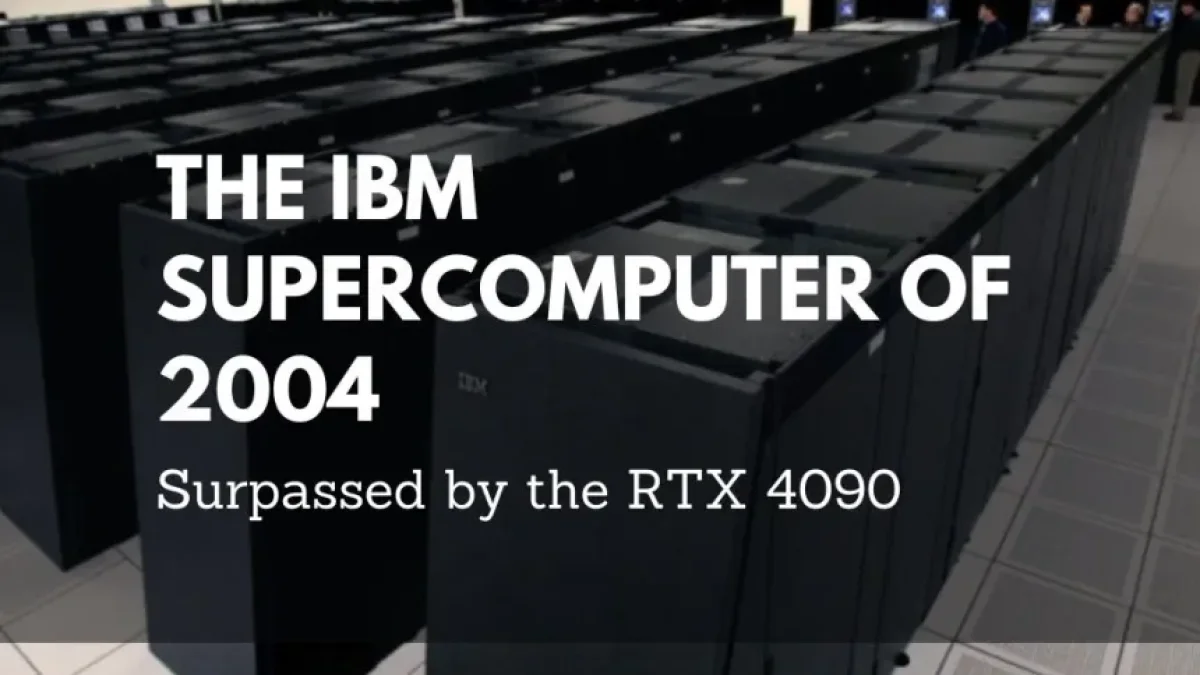Japan will develop a supercomputer that will surpass the competition.


Japan is taking a bold step in the field of technology by announcing the construction of a new supercomputer that promises to be a benchmark in scientific research and development. With goals that include unprecedented speed and performance, this project aims to surpass the current market leaders in advanced computing. Here are all the details about this ambitious initiative.
An Innovative Project for Science
The Japanese government has allocated a significant budget for the development of this supercomputer, which is expected to be completed by 2025. The initiative is part of a broader strategy to position the country as a leader in artificial intelligence and cloud computing. Furthermore, this new machine will be used for a variety of applications, ranging from climate studies to medical research.
This new system will be built at the RIKEN research center, which has been a pioneer in supercomputing technology. The facility already has previous experience, having developed "Fugaku," one of the fastest supercomputers in the world. However, the goal with the new machine is to elevate speed and efficiency to a new level, which would facilitate the advancement of large-scale scientific projects.
Notable Technical Features
Although specific technical details have not yet been fully revealed, it is expected that the new supercomputer will outperform its competitors by incorporating the latest technology in processors and architecture. The focus will be on energy efficiency, meaning it will not only be fast but also environmentally friendly.
Read also
This new system will feature capabilities that allow for the processing of enormous volumes of data in record time. This is especially relevant for sectors such as biomedicine, where analyzing massive datasets can accelerate disease research and aid in the development of innovative treatments.
Benefits for the Scientific Community
The benefits of this supercomputer will not be limited to Japan. It is planned for researchers around the world to have access to its capabilities, indicating a move towards global collaboration in the scientific field. The computer will be aimed at projects addressing complex challenges such as climate change, sustainable energy, and global health.
Additionally, this initiative is expected to drive the development of new technologies and empower the next generation of scientists and professionals in high-performance computing. This will help foster an innovation ecosystem in Japan and position it as a leader in technology on an international scale.
Read also
The Path Towards the Future
Japan's ambition to develop a supercomputer that not only competes but surpasses its rivals underscores the importance the country places on research and development. This project highlights the need for advanced technological tools to help tackle the challenges of the future.
The wait to see the results of this collective effort by engineers and scientists is underway, and many in the global scientific community are keenly watching the advancements that this powerful machine could provide.
If you want to stay updated on more interesting news about technology and science, I invite you to keep reading my blog. Don't miss out!



















